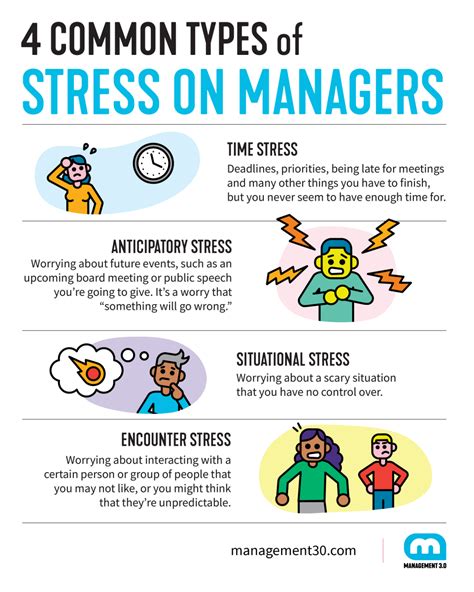How to maximize recovery for peak performance, energy, and muscle growth?

Why Recovery is the Unsung Hero of Fitness
In the relentless pursuit of peak physical condition, energy, and muscle growth, many individuals focus intensely on their training regimen and diet. While these are undoubtedly critical, the often-overlooked secret weapon lies in effective recovery. Recovery isn’t just about resting; it’s an active process where your body repairs, rebuilds, and adapts to the stress of exercise. Maximizing this phase is fundamental for achieving sustained high performance, maintaining optimal energy levels, and fostering significant muscle hypertrophy.
Ignoring proper recovery not only stalls progress but can lead to overtraining, injuries, burnout, and diminished returns on your hard work. Understanding and implementing a holistic recovery strategy is the game-changer that transforms effort into results.

The Pillars of Accelerated Recovery
1. Prioritize Sleep: Your Body’s Ultimate Rejuvenator
Sleep is arguably the most crucial component of recovery. During deep sleep stages, your body releases growth hormone, which is vital for muscle repair and growth, fat metabolism, and cellular regeneration. It’s also when your central nervous system recovers, impacting cognitive function, mood, and energy levels for the next day’s training.
- Aim for 7-9 Hours: Consistency is key. Establish a regular sleep schedule, even on weekends.
- Optimize Your Sleep Environment: Ensure your bedroom is dark, quiet, and cool.
- Limit Screen Time: Avoid blue light from electronics at least an hour before bed.
- Mind Your Caffeine & Alcohol Intake: Both can disrupt sleep cycles.

2. Fuel Your Body: Nutrition for Repair and Growth
What you eat directly impacts your body’s ability to repair muscle tissue, replenish glycogen stores, and maintain overall health. Nutrition isn’t just about pre and post-workout meals; it’s about consistent, quality intake throughout the day.
- Protein Power: Consume adequate protein (around 1.6-2.2g per kg of body weight) spread throughout the day to provide the amino acids necessary for muscle protein synthesis.
- Carbohydrate Replenishment: Post-workout, carbohydrates are essential for refilling glycogen stores, which are your primary energy source during exercise.
- Healthy Fats: Crucial for hormone production, nutrient absorption, and reducing inflammation.
- Micronutrient Rich: A diverse intake of fruits, vegetables, and whole grains ensures you get all the vitamins and minerals needed for cellular processes.
- Hydration is Key: Water transports nutrients, lubricates joints, and regulates body temperature. Dehydration severely impairs performance and recovery. Aim for at least 3-4 liters daily, more if you train intensely.

3. Active Recovery and Mobility: Keep Moving
While rest days are important, ‘active recovery’ can actually accelerate the healing process by promoting blood flow to muscles, delivering nutrients, and flushing out metabolic waste products. This can also improve flexibility and reduce muscle soreness (DOMS).
- Light Cardio: Gentle activities like walking, cycling, or swimming for 20-30 minutes.
- Stretching & Foam Rolling: Improve range of motion, alleviate muscle tightness, and break up knots.
- Yoga or Pilates: Enhance flexibility, core strength, and body awareness.
4. Manage Stress: The Silent Recovery Killer
Chronic stress elevates cortisol levels, which can hinder muscle growth, promote fat storage, and disrupt sleep. Managing psychological stress is as important as managing physical stress from training.
- Mindfulness & Meditation: Practice daily to calm the nervous system.
- Deep Breathing Exercises: Simple techniques to reduce immediate stress.
- Hobbies & Social Connection: Engage in activities that bring joy and relaxation.
- Set Realistic Expectations: Avoid overcommitting yourself.

5. Strategic Supplementation (When Appropriate)
While not a substitute for diet and sleep, certain supplements can complement your recovery efforts. Always consult with a healthcare professional before starting new supplements.
- Creatine: Enhances strength and power, and aids in recovery.
- BCAAs/EAAs: Can help with muscle protein synthesis and reduce muscle breakdown.
- Magnesium: Important for muscle function, nerve transmission, and sleep quality.
- Omega-3 Fatty Acids: Possess anti-inflammatory properties, beneficial for joint health and recovery.

The Bottom Line
Maximizing recovery is not a passive activity but an active, integral part of your fitness journey. By prioritizing quality sleep, optimizing your nutrition and hydration, incorporating active recovery, managing stress, and strategically using supplements, you provide your body with the best possible environment to repair, adapt, and grow. This holistic approach will not only accelerate muscle growth but also significantly boost your performance, energy levels, and overall well-being, allowing you to consistently train harder and smarter towards your goals.









